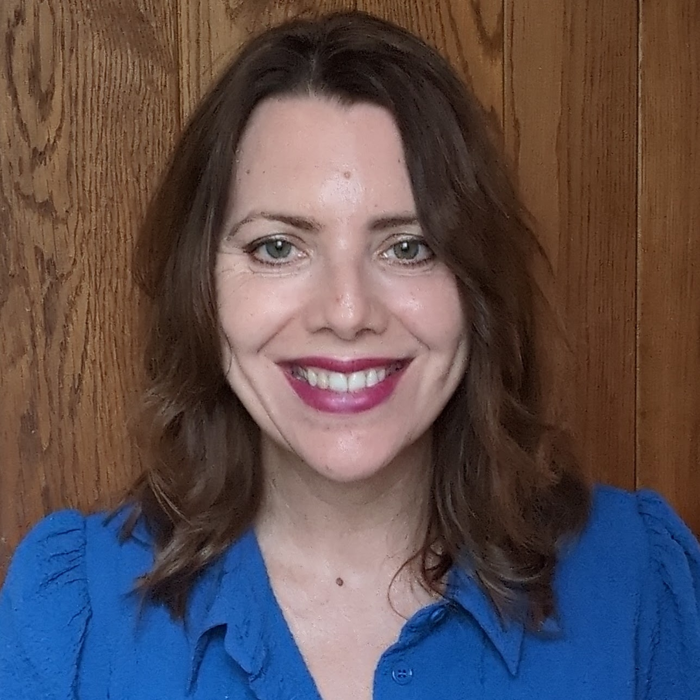The Case for Acoustic Registers, & Mapping and Motivating the Necessary Migrations of Sound and Sensation Across Range
Thursday 22nd July 2021, 5:00 PM - 7:00 PM (London Time)
Registers: Laryngeal or Acoustic?
It is clear that vocal fold mass, length, and tension must vary with pitch to accomplish with functional efficiency (ratio of input to output power) the wide pitch range singers need. This voice source process is termed laryngeal registration. While much attention and debate continue in regard to the specifics of laryngeal registration, it is well-established that there are two primary laryngeal vibrational modes—one that involves short, thick folds with a loose cover and includes muscle mass vibration, and one that involves long, thin, folds, a taut cover, and is primarily ligamentous vibration. “In the wild” these two modes typically present as rather binary options. A primary goal of training for many vocal genres is to reduce or eliminate this binarity and supplant it with a smooth, dynamic laryngeal registration across range.
The historic definition of a vocal register requires relatively homogenous timbral range segments produced by specific, discrete “mechanisms.” This was based on the assumption that the timbral shifts signaling a change of register were caused by changes in the voice source, indeed, that the “mechanism” of timbral change was exclusively laryngeal. This course will explain the timbral contributions and limitations of laryngeal input and compare them to those arising from the acoustic relationships between voice source inherent harmonics and the resonances of the vocal tract. It proposes that, although bio-mechanical changes of the voice source must occur for and are vital to range access, the timbral shifts that occur across range in a well-trained, smoothed (no longer binary) voice, are primarily to exclusively due to changing acoustic relationships between the source and the filter, and therefore constitute acoustic registers, rarely clearly discrete laryngeal registers.
Mapping and Motivating the Necessary Migrations of Sound and Sensation Across Range
We will briefly review the acoustic soundscape all singers, regardless of genre, inhabit, and present studio friendly techniques for exploring how best to tune the vocal tract for functionally efficient singing. We will draw on the deep level programming of humans for activating voice and the more recently identified auditory and somatosensory targets, detailing the migrations of vowel, timbre, vibrotactile and acoustic sensation we experience across range. Knowing, anticipating, allowing, and even facilitating these migrations greatly improves smooth, dynamic laryngeal registration across range.
Use of Intention, Affect and the Chiaroscuro Whisper
Humans activate voice in response to the impulse to express feelings. When also using language, we include learned auditory targets comprised primarily of the two vowel-like timbral components featured by the first two resonances of the vocal tract. The resonance structure or sound transfer characteristics of the vocal tract can be revealed and played by introducing any broad-spectrum noise into it, such as a vocal fry. A strategy that I call the chiaroscuro whisper is especially useful for gaining aural and kinesthetic facility in this process. Unlike the typical, high-larynxed, high-pitched whisper, the chiaroscuro whisper uses a relatively neutral, settled larynx and a carefully tuned, lower-pitched noise. It is done with motivational expression, sufficient but minimal articulation that avoids over-articulating the vowel shapes or changes, and a strong, broad spread of spectral frequencies, so that both the lower pitched under-vowel noise and the higher pitched over-vowel noise are present and balanced in the composite sound output.
Ken Bozeman
Kenneth Bozeman, BM, MM,Professor Emeritus of Music, taught at Lawrence University for 42 years where he chaired the voice department and from...
Sorry, this is an archived short course...
We have plenty of upcoming short courses coming soon. See details of some of them below or look at the full list of short courses.

Tuesday 13th January 2026
5:00 PM - 6:30 PM
Tuesday 20th January 2026
5:00 PM - 6:30 PM
Tuesday 27th January 2026
5:00 PM - 6:30 PM
Tuesday 3rd February 2026
5:00 PM - 6:30 PM
Tuesday 10th February 2026
5:00 PM - 6:30 PM
(London Time)
Introduction to Postgraduate Academic Skills - Join Live!

Debbie Winter
Are you ready to elevate your academic journey? Hosted by our very own Debbie Winter, join our comprehensive Introduction to Academic Skills course, designed to equip you with essential tools and strategies for success in higher education. Perfect for bridging the gap between undergraduate and postgraduate study, this course offers a pathway to our full MA for students without an existing degree. We offer both live, interactive sessions and standalone, pre-recorded content.

Thursday 15th January 2026
5:00 PM - 7:00 PM
Thursday 22nd January 2026
5:00 PM - 7:00 PM
Thursday 29th January 2026
5:00 PM - 7:00 PM
Thursday 5th February 2026
5:00 PM - 7:00 PM
Thursday 12th February 2026
5:00 PM - 7:00 PM
(London Time)
Trauma-Sensitive Voice Professional Certificate with Dr Elisa Monti

Dr Elisa Monti
Updated for 2026, this five-part certificate course is designed to help participants learn the theory and practice of trauma-sensitive approaches. The concepts and activities included are tailored to meet the needs of voice specialists who want to acquire more specific tools to navigate the space with their students and colleagues.

Monday 9th February 2026
5:00 PM - 7:00 PM
(London Time)
Certificate in Applied Voice Pedagogy with Adam Roberts

Adam Roberts
Spring Immersive - live and interactive learning! This 12-week online programme is designed for voice professionals committed to deepening applied voice pedagogy skills and advancing professional practice. The course offers a rich environment to reflect on your teaching philosophy and develop applied pedagogical techniques. It is ideal for voice teachers, coaches, therapists, and performers seeking to bridge foundational knowledge with practical, student-centered applications.
